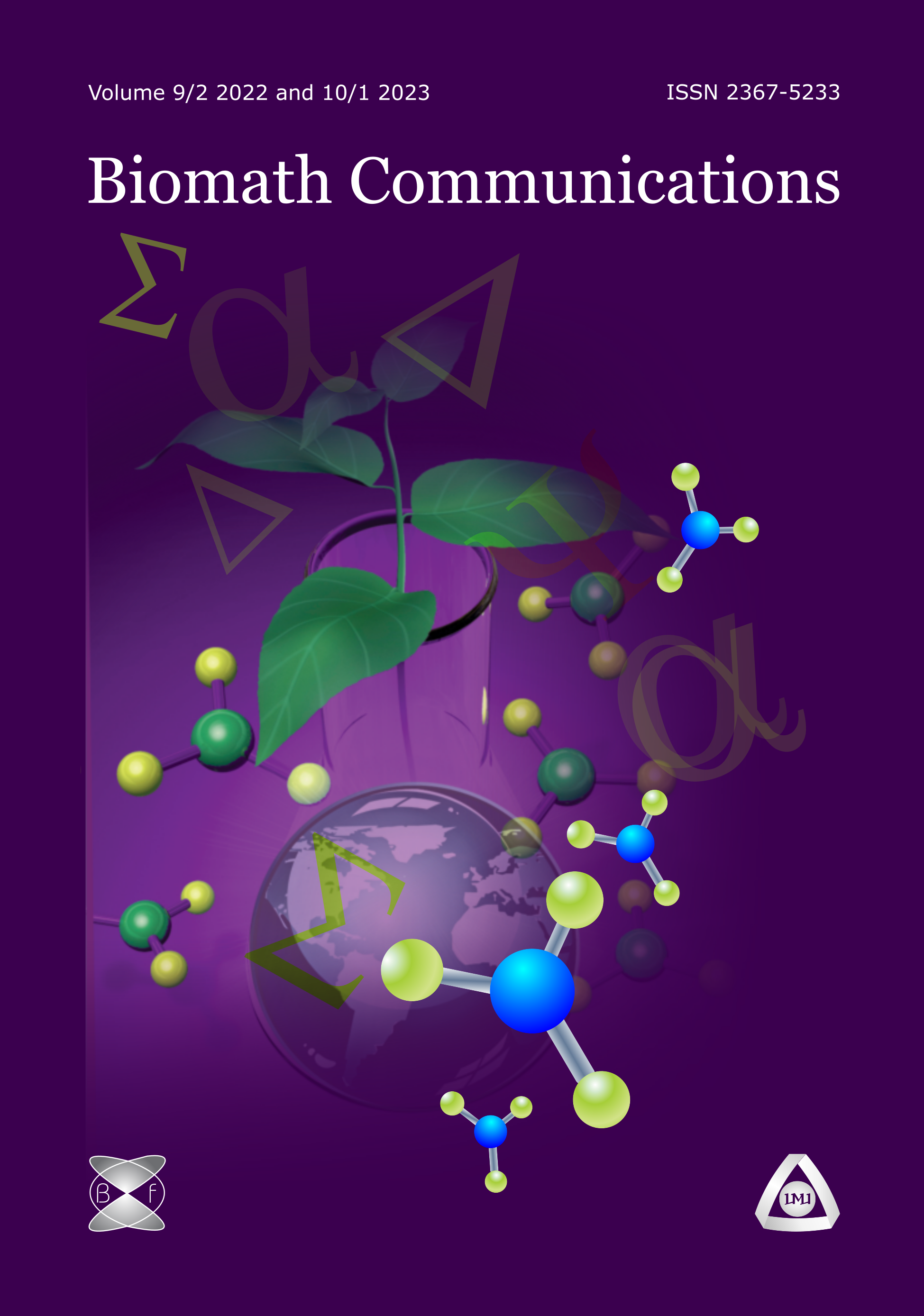Individual Cell Fate as a Factor of Colony Population Dynamics in Oncogenesis
DOI:
https://doi.org/10.11145/268Abstract
Cells in multicellular organisms may have distinct cell fates, such as proliferation or differentiation into specializied cell types. The individual cell fate is determined by a range of factors, such as genetic predisposition or epigenetic factors. However, for a substantial number of cells in the organism statistic В homogeneity and ballance of the system may be achieved; though the fate of an individual cell may vary.В For most cell types these random individual events do not [ influence the final outcome due to a large number of cells of this type. Nevertheless, the switch between cell fate plays a far more important role if we consider stemm cells (SC) or colony-forming units (CFU) as well as cancer stem cells (CSC) because individual cell events determine further development of a colony (metastase) or its elimination.
The report presents a mathematical model of the initial stage of cell colony development (for hematopoetic tissue). In order to establish the role of an individual event in the process of oncogenesis and its consequences, as well as to understand the mechanism of population dynamics, it is important to study in detail the interaction of probability distribution of cell events, and feedback regulation.
This paper is part of a larger research aimed at elaborating a model of a competing clonal hematopoesis in terms of oncogenesis and oncohematological diseases.
Downloads
Published
Issue
Section
License
The journal Biomath Communications is an open access journal. All published articles are immeditely available online and the respective DOI link activated. All articles can be access for free and no reader registration of any sort is required. No fees are charged to authors for article submission or processing. Online publications are funded through volunteer work, donations and grants.
Authors who publish with this journal agree to the following terms:
- Authors retain copyright and grant the journal right of first publication with the work simultaneously licensed under a Creative Commons Attribution License 4.0 that allows others to share the work with an acknowledgement of the work's authorship and initial publication in this journal.
- Authors are able to enter into separate, additional contractual arrangements for the non-exclusive distribution of the journal's published version of the work (e.g., post it to an institutional repository or publish it in a book), with an acknowledgement of its initial publication in this journal.
- Authors are permitted and encouraged to post their work online (e.g., in institutional repositories or on their website) prior to and during the submission process, as it can lead to productive exchanges, as well as earlier and greater citation of published work (See The Effect of Open Access).

